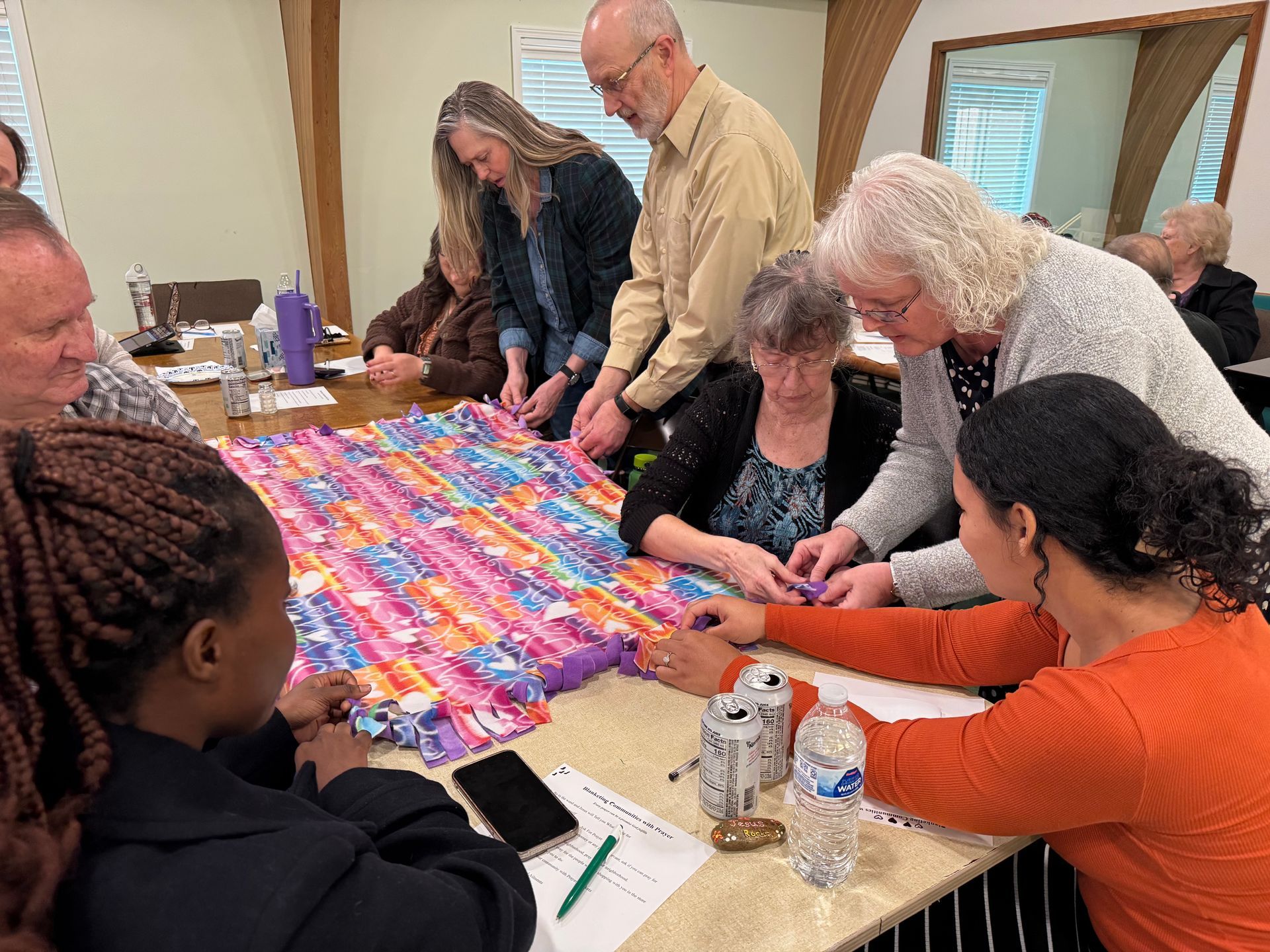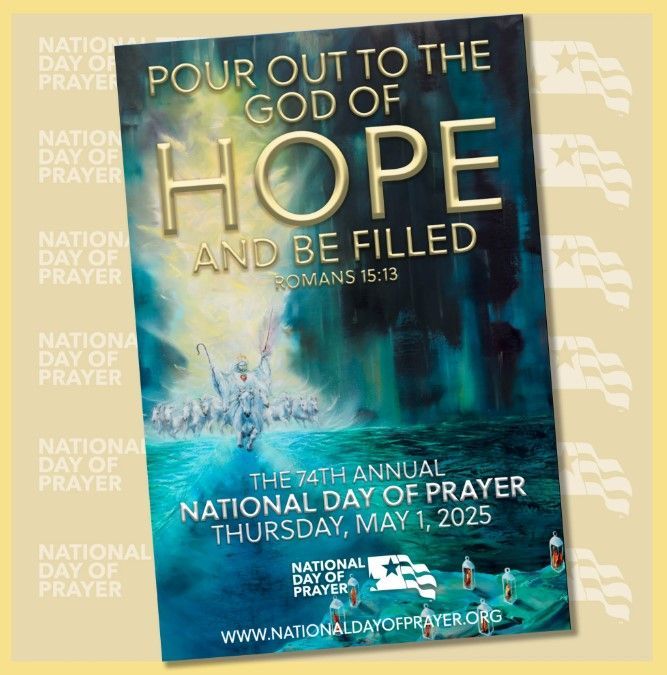Is Juice Just as Good as Water?
I mean, it's all liquid, right?
By Cindy Williams, RN
Director, Health Ministries
I found an interesting statement last week as I was reading research articles on the benefits of water and staying hydrated. I would like to share it with you even though it is a bit of a “rabbit track.”
“Although everyone experiences thirst from time to time, it plays little day-to-day role in the control of water intake in healthy people living in temperate climates. We generally consume fluids not to quench our thirst, but as components of everyday food (e.g. soup, milk), as beverages used as mild stimulants (tea, coffee) and for pure pleasure…. Such drinking seems also to be mediated through the taste buds, which communicate with the brain in a kind of “reward system,” the mechanisms of which are just beginning to be understood…. Unfortunately, this bias also carries some disadvantages. Drinking fluids other than water can contribute to an intake of caloric nutrients in excess of requirements, or in alcohol consumption that in some people may insidiously bring about dependence.” Nutr Rev. 2010 Aug; 68(8): 439–458.
How many times do we reach for a glass of juice, soda, tea, coffee, or milk instead of water? I know that it is very common in the teen population that I work with every day. We often try to quench our thirst and meet our need for hydration with beverages that satisfy our taste buds. Each of the mentioned beverages have drawbacks that we’ll explore in the future.
Last week we talked about some of the effects on our body of dehydration. Water is also critical for our immune system to function properly. Water carries important components of the immune system to where they need to go and carries away waste from our organs. Drinking other beverages instead of water is something like washing a sink full of dishes in a cup of water or using orange juice to wash them instead of water. Choose water over the other options most of the time!
This article is part of a continuing series of health during these COVID times. For other articles, please see www.uccsda.org/healthministries.
Photo by Greg Rosenke on Unsplash














